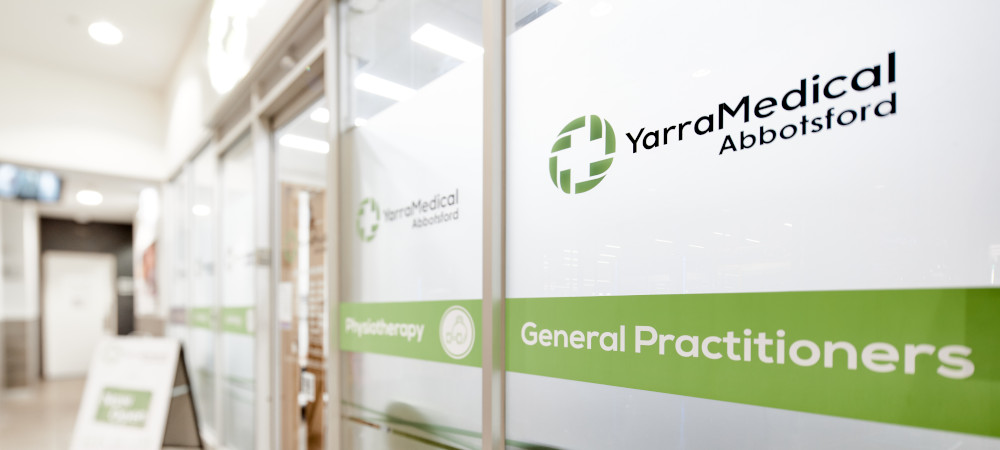Pneumococcal Disease Vaccine
The best defence against pneumococcal disease is the pneumococcal disease vaccine which can greatly reduce the risk of infection. It is highly recommended for people in certain high-risk groups, such as those who have:
- No spleen or poor spleen function
- Cochlear implants
- Heart disease
- Diabetes
- Chronic liver disease
The vaccine is available under the National Immunisation Program and is free of charge for all children. It is also free for the following groups:
- Aboriginal and Torres Strait Islander people with medical risk factors
- All Aboriginal and Torres Strait Islander people aged 50 and over
- All people aged 65 and over
If you are unsure if you have medical risk factors for pneumococcal disease, come in and speak with us.
Side effects of pneumococcal disease vaccines
Pneumococcal disease vaccines are effective and safe, though all vaccines can have mild side effects. These can include pain at site of injection, low-grade fever and, in children, irritability or drowsiness. Symptoms are usually not serious and do not require specific medication.
Pregnancy and pneumococcal disease vaccines
Pneumococcal disease vaccines are generally not recommended for women who are pregnant or breastfeeding. If you are at increased risk of pneumococcal disease, make sure you are vaccinated before falling pregnant or soon after labour. Unsure if you are at increased risk? Come in and speak with us.
What is pneumococcal disease?
Pneumococcal disease is caused by an infection with the bacterium Streptococcus pneumoniae. It often leads to milder symptoms such as inflammation of the sinuses or ear, but it can sometimes result in more serious health problems, such as meningitis (inflammation of the brain) or even septicaemia (infection of the blood).
Pneumococcal disease is spread by infected people talking, coughing or sneezing infectious droplets into the air, where they may be breathed in by others, or land on surfaces and spread via touch.
Pneumococcal disease symptoms
Because pneumococcal disease can lead to a range of complications, there are a variety of symptoms that may be experienced. Generally, though, infections involve:
- Fever
- Headache
- Nausea
- Drowsiness
- Sore neck
- Shortness of breath
- Blood-stained phlegm
- Discomfort when looking at light (photophobia)
For more information please view the Better Health website.
For information on other vaccines, see also:





